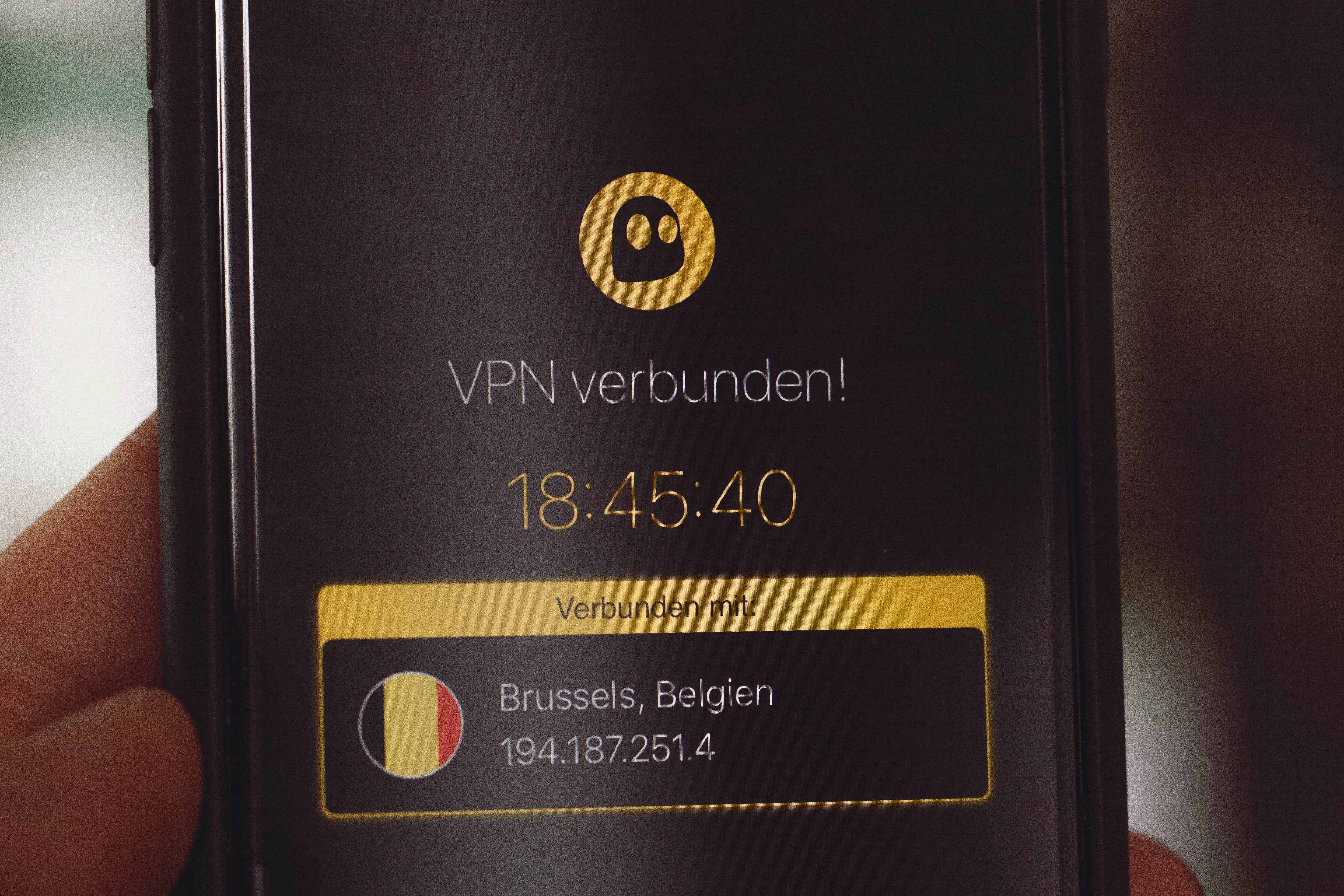As technology progresses and the internet becomes increasingly integral to economics, politics, and society, navigating the legal landscape around tools like VPNs grows in complexity.
VPN legality remains a gray area across parts of the world. While many countries permit VPN use, some governments have cracked down by imposing bans or limitations.
This article explores the legal standing of VPN technology today. We analyze where VPNs have faced opposition or restrictions and weigh the arguments behind the efforts to outlaw aspects of this increasingly prominent software.
Legal Status of VPNs Globally
Virtual private networks (VPNs) have sparked intense debate regarding their legal status across various nations. On the surface, the question of whether VPNs qualify as legal may seem clear-cut. However, in practice, their classification proves nuanced, fluctuating substantially depending on geographic location and political climate.
In a majority of Western countries, utilizing VPN software remains fully lawful. The United States and the United Kingdom serve as prominent examples, upholding VPNs as legitimate tools for residents aiming to secure their digital privacy and bypass content geo-restrictions.
But the picture differs dramatically under authoritarian-leaning regimes. Both Russia and China have instituted outright bans on non-state-sanctioned VPN services as integral parts of their extensive internet censorship and surveillance apparatuses. Citizens of these countries face prosecution for unsanctioned VPN access.
The legal conversation grows even more complex considering how VPN use intersects with other potential infractions. Even in localities where virtual private networks are legal, they may shield illicit activities like hacking and copyright infringement. The VPN itself does not inherently violate the law but becomes an instrument for unlawful behaviors.
In essence, VPN legality hinges greatly on the motivations of national governments. Some regard unchecked VPN use as a threat to centralized control, while others champion virtual private networks as a vital pathway to online liberties. With the internet fracturing into varying grades of openness, understanding the true legal landscape for VPNs demands recognition of these deeper political undercurrents worldwide.
Regimes Where VPN Use Is Illegal
Virtual private networks (VPNs) face mounting restrictions or comprehensive bans under a growing list of authoritarian-leaning governments worldwide. As these regimes continue tightening controls over online activity, the legal status of VPNs remains in constant flux. Here are examples of regimes where VPN use is illegal or regulated.
China
In China, no formal law prohibits VPN usage outright. However, the government actively blocks access to major VPN providers through sophisticated firewall systems. Approved VPNs must contain backdoors granting state agencies access to traffic data.
Periodic crackdowns also target non-approved services. Fines for using unapproved VPNs crop up erratically. According to a recent analysis, China blocks VPN websites over 73% of the time – more than any other country.
Still, the unlikely prospect of a total Chinese ban on VPNs persists due to reliance on the tools by international corporations.
Russia
Russia stands as another prime example of an authoritarian state wielding VPN restrictions as a censorship tool. Though technically legal, Russian VPN policies have grown increasingly prohibitive over recent years.
The state telecommunications watchdog routinely strong-armed major providers into blocking banned websites, rendering unauthorized options the only way for citizens to access banned content. And following Russia’s invasion of Ukraine in February 2022, the nation saw a massive surge in VPN use along with intensified crackdowns.
By March 2022, prominent services like ExpressVPN and Nord VPN had been blocked entirely from the Russian market due to mounting government pressures causing them to abandon Russian servers. Still, Russian journalists, protestors, and other activists accept the risks of unauthorized VPN usage as a needed shield against state scrutiny.
Belarus
The Belarusian regime has spearheaded harsh restrictions against virtual private networks (VPNs) as part of systematic efforts to limit online freedoms since 2015.
Beyond directly obstructing VPN traffic, authorities have compelled internet service providers to retain users’ browsing data for government surveillance. Accusations have also emerged regarding the state’s use of advanced monitoring systems to identify and disrupt VPN connections.
In a bid to suppress political dissent and restrict free speech, Belarus has concurrently enacted bans on secure messaging services like Telegram and Signal. Combined with VPN blocking, this denies citizens access to encrypted communication tools and the anonymizing protection of virtual private networks.
North Korea
North Korea stands alone as the most extreme case globally of VPN prohibition under an isolationist dictatorship. Virtual private networks remain expressly illegal within the country’s borders. The regime maintains strict control over all internet access, restricting citizens to only a tightly monitored national intranet called Kwangmyong.
Through pervasive censorship and surveillance measures, North Korea completely prevents external information flows. The government regards any attempt to circumvent its firewalls using VPNs or other tools as a punishable crime threatening its totalitarian control. Allowing citizens to access outside news constitutes an ideological threat in the state’s eyes.
As a result, North Korean law threatens harsh penalties for anyone caught utilizing virtual private networks or similar circumvention technology. The VPN ban represents just one component in the regime’s vast apparatus aimed at propagandizing the populace and eliminating foreign influences. Along with restrictions on outside telephone lines, North Korea’s VPN prohibition further isolates citizens from the global community.
Legal Considerations When Using VPNs to Access Restricted Content
As earlier mentioned, the legal implications of using VPNs for these purposes remain ambiguous across various nations. As such, those seeking to access prohibited content via VPN must carefully evaluate associated risks and laws.

To start, familiarize yourself with internet censorship and privacy legislation in your home country. Nations like China and Russia have effectively outlawed unsanctioned VPN usage through sophisticated blocking and monitoring systems. Meanwhile, countries including the U.S. currently place few limits on VPN access, though policies evolve rápidamente.
You must also consider laws governing VPN server locations. Connecting to countries with minimal censorship raises fewer legal concerns compared to regions where authoritarian regimes tightly control nets. Restrictive states increasingly punish VPN access as a direct threat to their ideological control.
Furthermore, while VPNs may be legal, they can still shield illegal activities like piracy. Access copyrighted material without proper permissions, and you risk harsh penalties. Tread carefully regarding the type of content you access via VPN across all jurisdictions.
The Bottom Line
As technology progresses and the internet becomes increasingly integral to economics, politics, and society, navigating the legal landscape around tools like VPNs grows in complexity. On one hand, we can hope that the recognition of digital privacy as a human right becomes more widespread, leading more democratic nations to legalize and protect virtual private networks.
However, authoritarian regimes seem equally determined to prohibit VPN access as online censorship and surveillance rise globally. Additionally, factors like escalating cyber warfare and shifts in copyright law enter the mix, raising new questions around VPN usage even in traditionally open societies. There may be pressures to restrict access in the name of national security or corporate interests.
In essence, the legal status of virtual private networks remains highly volatile across the world – subject to the pushing and pulling between demands for digital liberties versus desires for control. The coming years will determine which forces gain the upper hand in key regions.


Join the conversation!